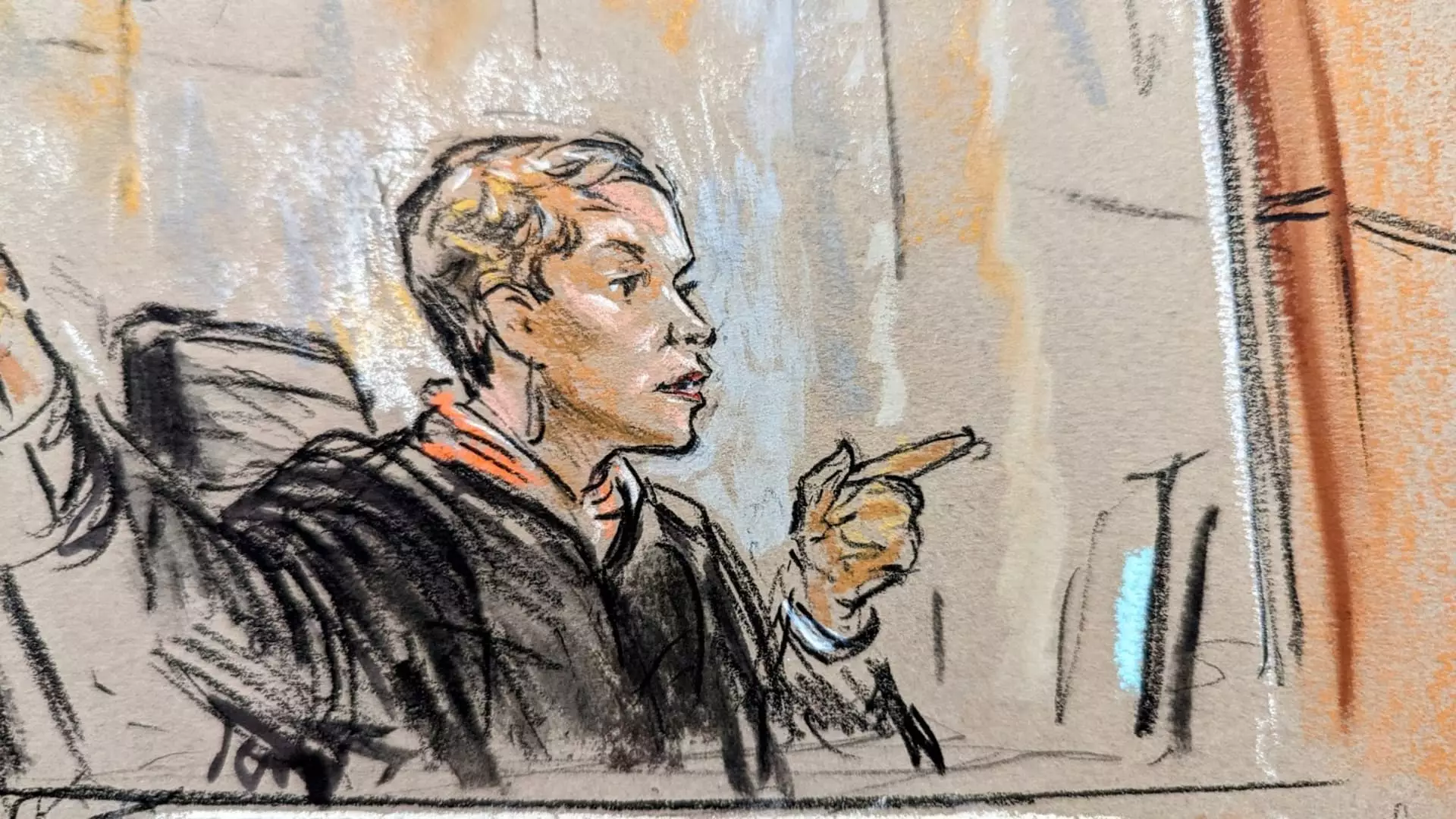The current political landscape is rife with tension, not least of which stems from the legal challenges faced by former President Donald Trump in relation to his actions surrounding the 2020 election. Recently, Trump ignited controversy with scathing remarks about U.S. District Court Judge Tanya Chutkan, who presides over his criminal case in Washington, D.C. His comments, made on Dan Bongino’s podcast, reflect not only his personal grievances but also the complex interplay between the judicial system and political discourse in contemporary America.
In lambasting Judge Chutkan, Trump referred to her as “the most evil person,” a claim that underscores a growing trend among some politicians to challenge the legitimacy and impartiality of judges when outcomes do not favor them. This particular outburst came after Chutkan ordered the public release of nearly 1,900 pages of documents related to his election interference case. Trump’s assertion that this move was designed to undermine his presidential candidacy raises critical questions about the potential impact of judicial decisions on electoral politics.
The crux of Trump’s argument hinges on the timing of the document release, which he posits is suspiciously close to the upcoming election. He suggested that such maneuvers form part of a broader scheme of “election interference.” This perspective, however, seems to ignore the fundamental responsibility of the judiciary to uphold transparency and public accountability, essential elements in a democratic society. Judge Chutkan’s decision, according to her ruling, aims to serve the public interest by ensuring that information relevant to the case is accessible rather than withheld due to potential political fallout.
Judge Chutkan has articulated a compelling rationale for her decision. Despite Trump’s lawyers arguing that unsealing the documents could skew the election landscape, Chutkan countered that withholding them could actually undermine public trust in the judicial process—an assertion rich with implications about the importance of transparency in legal proceedings. Her ruling highlighted a key principle: the integrity of the legal system must take precedence over the strategic interests of political actors.
Furthermore, the judge had previously criticized Trump’s legal team for focusing on political rhetoric rather than the substantive legal issues at stake. She emphasized that allowing politically charged claims to dominate the narrative not only detracts from the legal proceedings but also undermines the professionalism expected from experienced defense counsel. In this light, Trump’s current grievances can be seen as part of a broader pattern, where the framing of legal challenges is intertwined with political survival.
The dynamic of Trump’s relationship with the judiciary serves as a case study in strategic communication. By attacking Judge Chutkan personally, he seeks to rally his base and portray himself as a victim of a biased system. This tactic speaks to a larger strategy employed by Trump throughout his political career, wherein he positions himself as an outsider battling entrenched institutions. Such narratives can galvanize support, particularly among those who perceive political and judicial systems as corrupt.
Nonetheless, this approach is fraught with risks. The judiciary is designed to operate independent of political pressures, and attempts to delegitimize its authority can backfire. When a defendant publicly criticizes judges and legal processes, it raises ethical questions that could harm their legal standing and complicate their defense strategy. In this scenario, Trump’s approach may not yield the political dividend he anticipates and could instead hinder his legal maneuvers.
As the election season unfolds, the intersection of law and politics will undoubtedly remain in sharp focus. Trump’s vitriol directed toward Judge Chutkan exemplifies the contentious atmosphere where judicial decisions are perceived through a political lens. However, the independence of the judiciary is paramount to democracy, and attempts to undermine it risk diluting the very foundation on which the system operates.
In navigating these turbulent waters, political figures would be wise to consider the long-term implications of their rhetoric and strategies. The pursuit of justice should not be conflated with electoral competition; rather, it is essential for the health of democracy that all participants respect the processes designed to ensure fairness and accountability. As this saga continues, the responses will likely reveal much about both the political landscape and the standards we hold for our institutions.


Leave a Reply